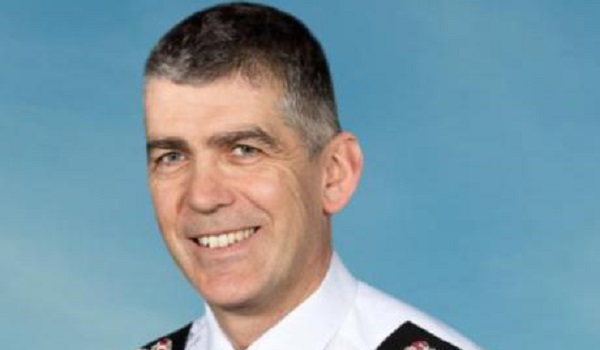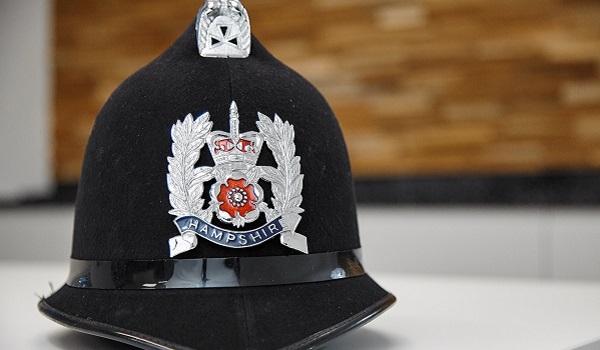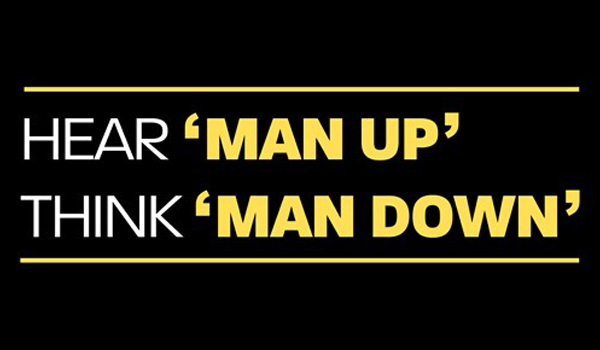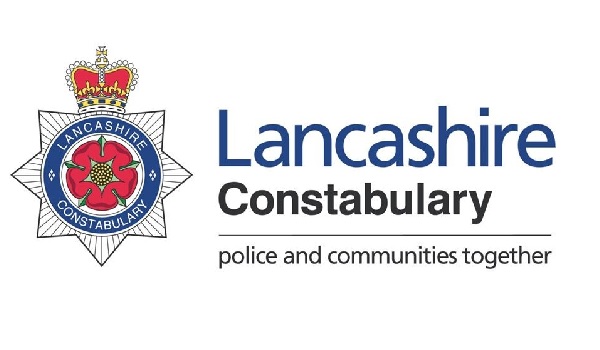Police guidance updated to protect freedom of speech
The College of Policing has issued new interim guidance to assist officers when managing complaints from the public where an incident is said to be motivated by hostility or prejudice.
The guidance seeks to redress the balance between freedom of speech and protecting vulnerable members of the public.
It comes after Harry Miller, a retired policeman who was visited by his local force after tweeting about transgender rights, won a battle over free speech with the college. The Court of Appeal ruled that the existing guidance breached Miller’s human rights.
The college said that police needed to focus on cutting crime, take a commonsense approach and “not get involved in debates on Twitter”. It said that it expected a reduction in “non-crime hate incidents” after 120,000 people in the past five years were recorded by police even though their behaviour did not meet the criminal threshold.
Andy Marsh, chief executive officer of the College of Policing, said: “The public rightly expect the police to focus on cutting crime and bringing criminals to justice. While we work to protect the most vulnerable in society, we also have a responsibility to protect freedom of speech. This updated guidance puts in place new safeguards to ensure people are able to engage in lawful debate without police interference.
“In all types of crime, it is important for the police to record incidents that could lead to, or be evidence of, criminality – something that has been demanded by public inquiries such as the Macpherson Report into the racist killing of Stephen Lawrence.
“The police regularly deal with complex incidents on social media. Our guidance is there to support officers responding to these incidents in accordance with the law, and not get involved in debates on Twitter.”
The interim guidance will support officers and staff until the Home Office publishes a new code of practice, with the support of the college, for officers to record and retain personal data relating to non-crime hate incidents. The code will be subject to parliamentary scrutiny and is expected to be published by the Home Office later this year.
It is expected the interim guidance will reduce unnecessary recording of non-crime hate incidents because it makes clear that records should not be created just because an incident is reported. If a record is made it must be done in the least intrusive way possible, for example it may not be necessary to record the name of an individual or the location of an incident.
The guidance sets out:
- A non-crime hate incident should not be recorded where it is trivial, it is irrational or there is no basis to conclude that an incident was motivated by hostility;
- Individuals who are commenting in legitimate debate, for example, on political or social issues should not be stigmatised simply because someone is offended; and
- If a record is made it must be done in the least intrusive way possible, for example it may not be necessary to record the name of an individual or the location of an incident.
The original hate crime guidance was introduced to help officers and staff better understand the law and take into account changes in recording practice, following recommendations from the Stephen Lawrence Inquiry Report around the recording of non-crime hate incidents. The guidance helps the police when applying the law to protect freedom of speech and build intelligence about patterns of behaviour that may escalate into serious harm.
Supporting the interim guidance, Deputy Chief Constable Mark Hamilton, Natonal Police Chiefs’ Council lead for hate crime, said: “Policing recognises the importance of recording and responding to non-crime hate incidents to protect the public, given the impact they can have on individuals, communities and families.
“It is essential that the harm caused by such incidents, and the motivation they can have on others, are recognised. At the same time, we must make sure that our responses are proportionate, so that human rights freedoms are protected, while also safeguarding members of the public.
“As such, we welcome this guidance from the college, which will support the public, uphold human rights freedoms and help officers monitor harmful incidents, responding appropriately when required.”







